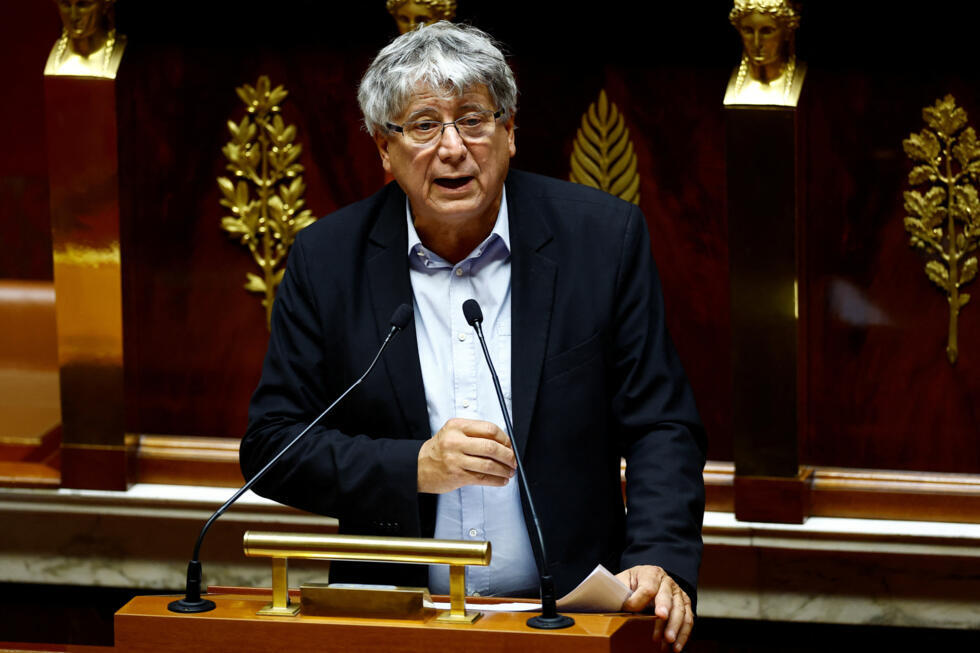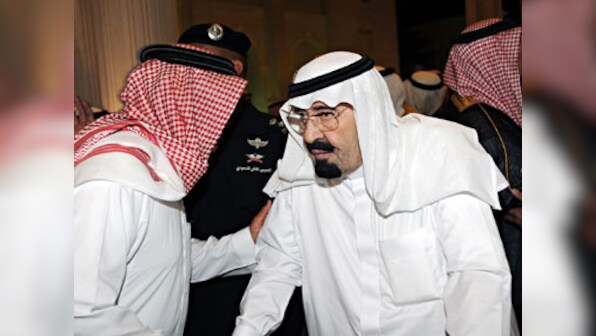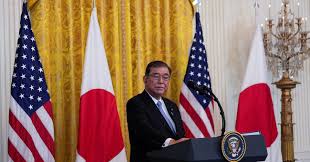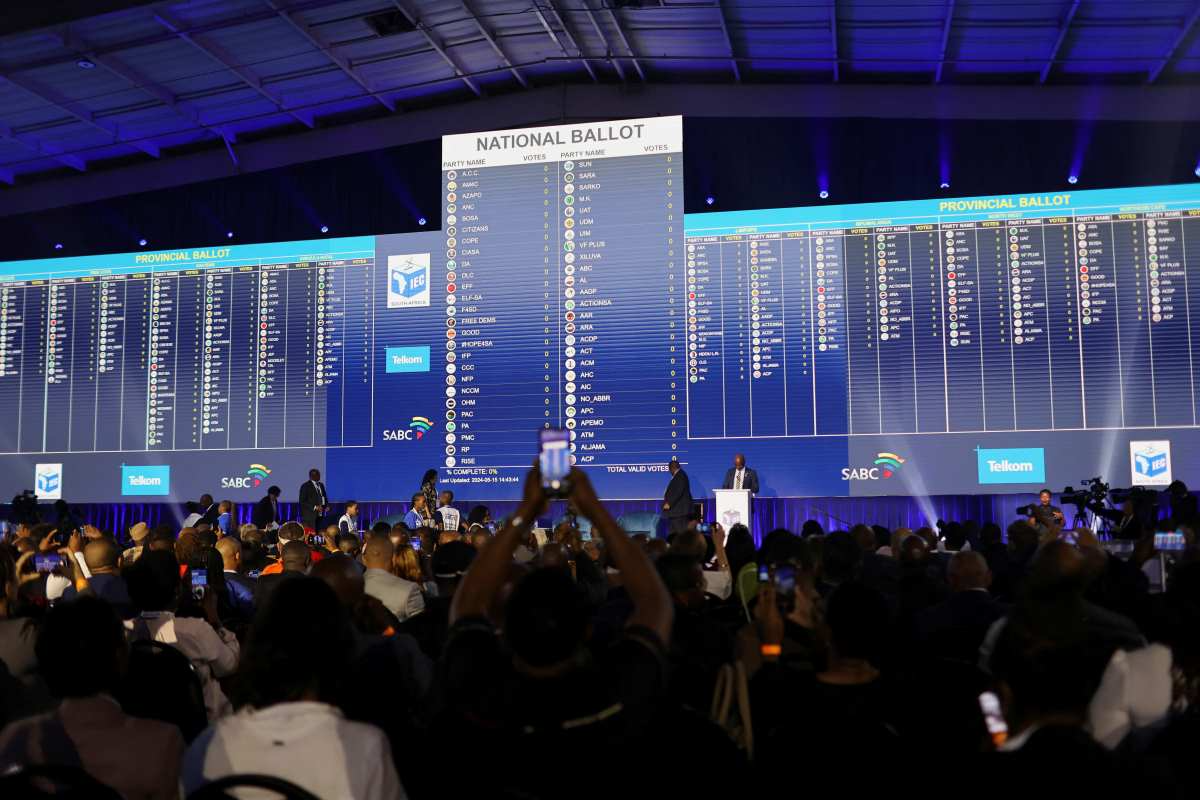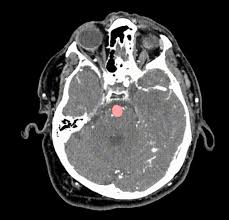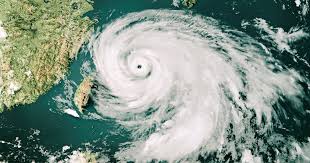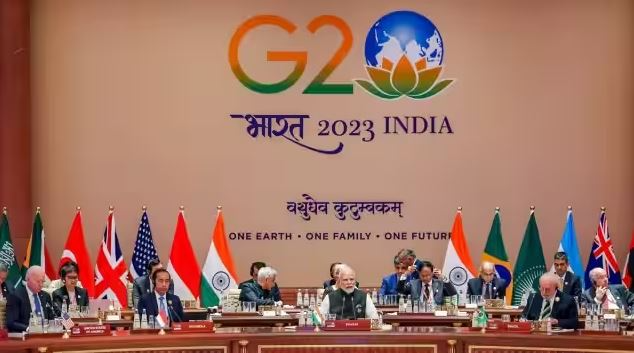
India Hosts Global Summit on Democratic Governance A Landmark for Global Collaboration
India has taken center stage in international politics this year by hosting the Global Summit on Democratic Governance, uniting leaders, scholars, and civil society delegates from over 80 democracies. Convened in New Delhi across late June and early July 2025, the summit reflects India’s ambition to redefine its role on the world stage not merely as the world’s largest democracy but as a navigator of democratic values in a time of rising authoritarianism, digital threats, and geopolitical anxiety. As an organizer, India is determined to spotlight democratic renewal and collective resilience.
The summit unfolds amid turbulent global dynamics democracies grappling with populism, democratic backsliding in several countries, and autocratic powers expanding influence. India’s Prime Minister, Arjun Mehta, opened the summit by framing democracy as a global public good in need of protection. In his keynote address, he spoke passionately about defending democratic process against both overt repression and covert digital manipulation. This framing a blend of national pride and moral responsibility reflected India’s desire to lead on contemporary democratic machinery, not just celebrate its electoral history.
A key theme running through the summit is digital democracy the idea that technology can both empower and undermine freedom. Expert panels focused on safeguarding elections from foreign interference, upholding privacy during digital campaigning, and using open source AI to detect misinformation. Countries such as Estonia and Canada showcased platforms that allow citizens to flag fake content, monitor electoral misinformation, and verify campaign financing data in real time. For emerging democracies like Kenya, Ukraine, and Nepal, these innovations offer a lifeline modern tools to enhance citizen participation and reduce digital fraud in elections.
Equally important was the summit’s focus on media freedom and protection of journalists. Political pressure, violence, or regulatory restraints on reporters are a threat in multiple democracies, including India itself. Delegates exchanged best practices Uganda presented its shield law to protect investigative journalists; Sweden outlined its public funding model for local journalism; and Brazil proposed pan Latin American cooperation against attacks on press freedom. Indian representatives announced steps to bolster safeguards for journalists under threat funding legal assistance, improving institutional transparency, and creating an emergency hotline for frontline reporters.
Another compelling discussion revolved around urbanization and citizen engagement. Cities are emerging as democratic incubators, and summit leaders visited New Delhi’s urban innovation labs and e governance hubs. City mayors shared examples of participatory budgeting, neighborhood assemblies, and open data dashboards linked to municipal service delivery. The objective refocus democracy not just on national elections, but on local participation empowering communities to hold authorities accountable in their daily lives.
Complementary to these sessions was a roundtable on youth leadership in democracies. Delegates included university activists from Brazil’s Amazon communities, tech savvy volunteers from Indonesia’s kampungs, and students from rural Norway. Many echoed a familiar theme democracy must evolve to match 21st century imagination. India, too, is recalibrating youth engagement by piloting a national digital voting trial and supporting young “democracy stewards” who monitor local polling in real time.
While the summit celebrated democratic innovation, it did not shy away from complex geopolitical tensions. Delegates from India and Pakistan held back channel discussions on cross border security cooperation, and European leaders addressed digital threats from high end spyware sourced from authoritarian regimes. A confidential high level session even tackled the thorny topic of democratic resilience in fragile states learning from Tunisia, Myanmar, and Madagascar. Though no formal resolution emerged, the summit established a blueprint for regional democracy compacts focused on election monitoring, anti corruption frameworks, and shared cybersecurity standards.
Perhaps most consequential was the summit’s outcome document the Delhi Declaration on Democratic Renewal. The declaration commits signatories to ten core principles upholding judicial independence, free media, gender balanced civic representation, privacy protections, transparent election funding, and open electoral data. Participating countries also agreed to launch a new Democratic Innovation Fund, intended to bankroll cross border civic tech initiatives, election monitoring, and legal defense networks for journalists. This first of its kind fund represents not only financial but structural solidarity among democratic nations.
Domestic reactions in India have been overwhelmingly positive. Supporters argue the summit and its declaration will strengthen India's democratic institutions and global standing. Opposition voices raised concerns over sovereignty, climate commitments overshadowing core infrastructure issues, or the misuse of data under the guise of democratic renewal. But the broader consensus is that hosting the summit puts India and democratic values firmly back on the global agenda amid a world that appears increasingly divided.
The summit’s lasting legacy will depend on follow through. In the coming months, India plans to convene a “working group” to operationalize the Delhi Declaration mapping projects, allocating the inaugural fund, and coordinating pilot programs on election transparency and digital citizen engagement. Regional hubs, particularly in Africa and Southeast Asia, will be set up to interpret the declaration’s commitments locally, supported by India’s Ministry of External Affairs and Governance Innovation Unit.
As the summit wraps up, one central truth echoes across its corridors democracies thrive not by default, but by design. In a time of rising complexity, digitally fueled division, and geopolitical strain, the Delhi Summit has offered a blueprint a blend of institutional safeguards, technological tools, and cross border unity. If realized beyond.
Related Post
Popular News
Subscribe To Our Newsletter
No spam, notifications only about new products, updates.


